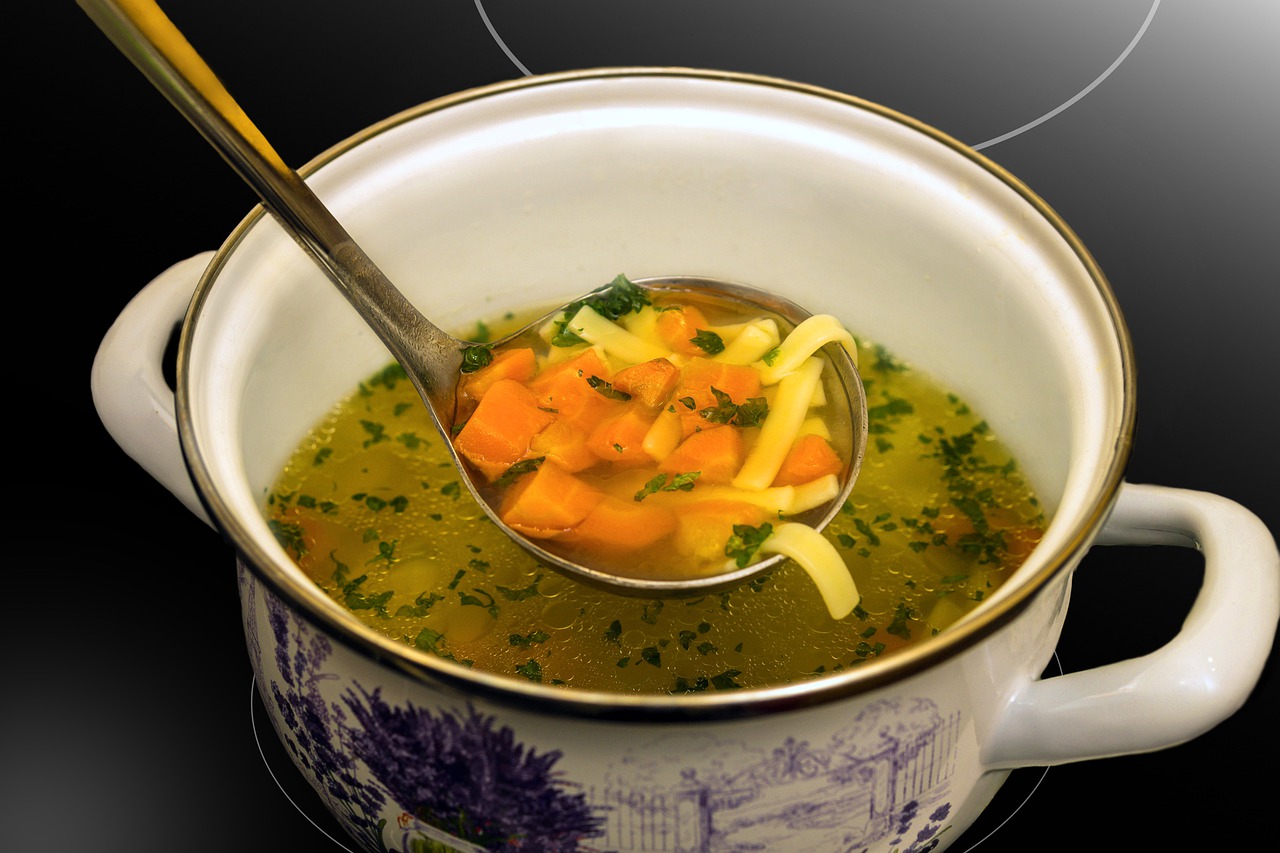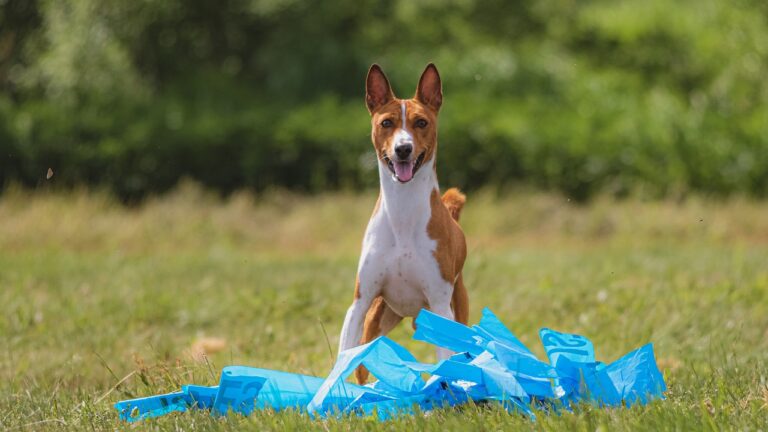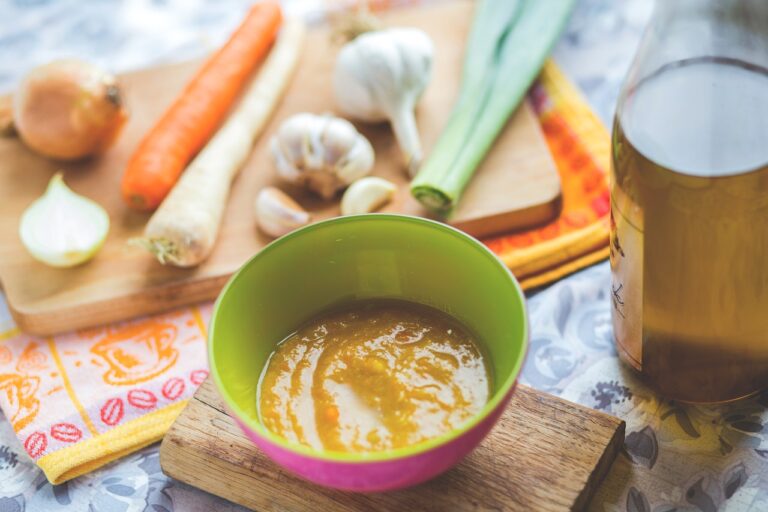Overcoming Challenges in Developing Biosimilar Biologics for Companion Animals: Betbhai9, Playexch in login, Lotus365 in login password
betbhai9, playexch in login, lotus365 in login password: Developing biosimilar biologics for companion animals can be a challenging task, but it is essential for providing affordable treatment options for our furry friends. Biosimilars are biological products that are highly similar to an already approved reference biologic drug. While biosimilars have the potential to provide cost savings and increase access to important treatments, there are several challenges that need to be overcome in developing these products for companion animals.
1. Understanding Regulatory Requirements
One of the key challenges in developing biosimilar biologics for companion animals is navigating the complex regulatory landscape. Regulatory agencies have specific requirements for the approval of biosimilars, including demonstrating similarity to the reference product in terms of quality, safety, and efficacy. Understanding and meeting these requirements is essential for gaining approval for a biosimilar product.
2. Data Requirements
Generating the data required to demonstrate biosimilarity can be a significant challenge. This includes analytical characterization, nonclinical studies, and clinical trials to establish safety and efficacy. Ensuring that the data meets regulatory standards and is sufficient to demonstrate biosimilarity is crucial for the success of a biosimilar product.
3. Manufacturing Challenges
Manufacturing biosimilar biologics can be complex, as these products are typically produced in living cells. Ensuring consistency in manufacturing processes and product quality is essential for biosimilars to be considered interchangeable with the reference product. Addressing manufacturing challenges to produce a high-quality and consistent product is a key consideration in developing biosimilar biologics for companion animals.
4. Market Access
Even once a biosimilar product is approved, gaining market access and adoption can be a challenge. Competing with the reference product and other biosimilar products, as well as educating veterinarians and pet owners about the benefits of biosimilars, are important factors in achieving market success.
5. Cost Considerations
While biosimilars have the potential to lower costs and increase access to important treatments, developing these products can be costly. Balancing the cost of development with the need to provide affordable treatment options for companion animals is a challenge that companies developing biosimilar biologics must address.
6. Safety and Efficacy Concerns
Ensuring the safety and efficacy of biosimilar biologics is paramount. Demonstrating that a biosimilar product is as safe and effective as the reference product is essential for gaining regulatory approval and the trust of veterinarians and pet owners.
In conclusion, developing biosimilar biologics for companion animals can be challenging due to regulatory, data, manufacturing, market access, cost, and safety and efficacy considerations. Despite these challenges, the potential benefits of biosimilars in providing affordable treatment options for companion animals make overcoming these obstacles worthwhile. By addressing these challenges head-on and working to meet regulatory requirements, generate necessary data, optimize manufacturing processes, gain market access, control costs, and ensure safety and efficacy, companies can successfully develop biosimilar biologics for companion animals.
FAQs
1. What are biosimilar biologics?
Biosimilar biologics are biological products that are highly similar to an already approved reference biologic drug.
2. How do biosimilar biologics differ from generic drugs?
Biosimilar biologics are not identical to the reference product, as they are produced in living cells, unlike generic drugs, which are chemically synthesized. Biosimilars must demonstrate similarity in terms of quality, safety, and efficacy to the reference product.
3. Are biosimilar biologics safe for companion animals?
Yes, biosimilar biologics must undergo rigorous testing to demonstrate safety and efficacy before they can be approved for use in companion animals. It is important to follow the guidance of veterinarians when considering treatment options for your pet.







